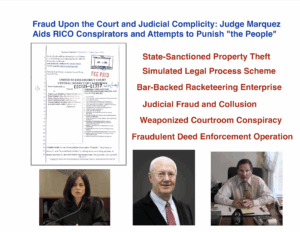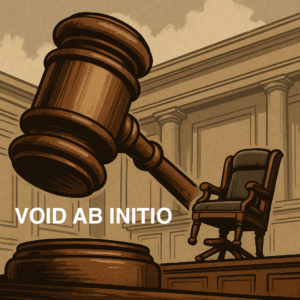Double entry bookkeeping, the standard method for recording financial transactions, hinges on balancing two sides: debits and credits. Within this system, intangible assets such as loans represented by promissory notes, credit agreements, and Federal Reserve Notes (“Dollars”) play a critical role. Each of these assets, while not physical, has a value that must be accounted for.
These intangible assets often undergo securitization—a financial practice that pools various types of debt and sells them as consolidated securities. This process is integral to double entry bookkeeping, as it converts intangible debt obligations into tangible securities that can be traded. This not only affects the individual entries in the ledgers but also the broader financial market, influencing liquidity and the availability of credit.
Moreover, the securitization of intangible assets reflects on a company’s balance sheet and affects financial ratios, carrying implications for investors and stakeholders. In essence, the robust double entry system relies heavily on the existence and accurate representation of these intangibles, ensuring that every financial action is accounted for and balanced by an equal and opposite entry.




